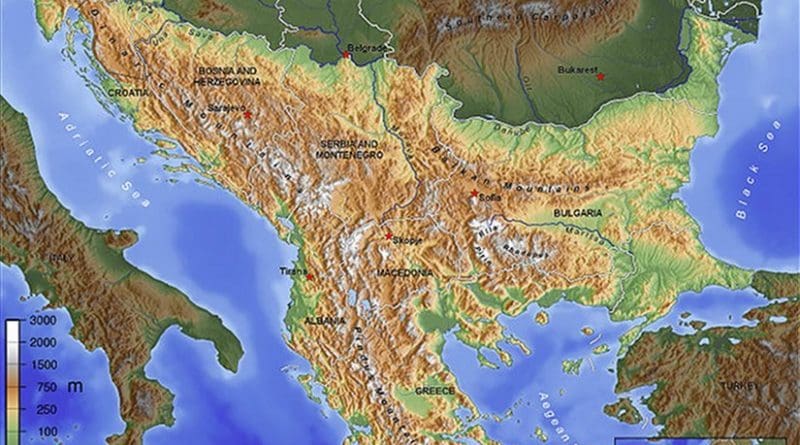Unchecked Attacks On Media In Western Balkans, Says HRW
Journalists across the Western Balkans face a hostile environment that impedes their ability to do critical reporting.
More than a year after Human Rights Watch documented impediments to media freedom in Bosnia and Herzegovina, Serbia, Kosovo, Montenegro, and Macedonia, governments in the region and European Union institutions have failed to take concrete action to address the issue. Furthermore, troubling new cases have emerged.
“At a time when it has never been more important, independent journalism is up against the wall in the Western Balkans,” said Lydia Gall, Western Balkans researcher at Human Rights Watch. “That won’t change unless the EU makes absolutely clear to Western Balkans governments that their European aspirations depend on a thriving and free media.”
The former Yugoslav republics of Macedonia, Montenegro, and Serbia are candidates for membership of the EU, and Bosnia-Herzegovina and Kosovo are potential candidates. Freedom of expression and the media are part of the Copenhagen Criteria for EU membership.
In one recent case, in October, the editor of Gazeta Express in Kosovo received death threats via social media following the broadcast of his documentary on war crimes by the Kosovo Liberation Army. The case is under investigation.
The European Commission includes expressions of concern about media freedom in Western Balkans countries in its annual assessments of their human rights records. The commissioner responsible for enlargement, Johannes Hahn, has made reference to media freedom in the region in general terms, but he has not detailed the lack of effective investigations by individual governments into attacks on journalists. A new Commission enlargement strategy, announced on November 9, does refer to media freedom in the region but is short on detailed recommendations.
The European Parliament has offered more specific recommendations. The Commission and EU member states should more consistently press the authorities in the Western Balkans to stop intimidating journalists and make media freedom a high priority during accession talks.
In its 2015 report, “Difficult Profession: Media Freedom Under Attack in the Western Balkans,” Human Rights Watch quoted a Serbian police chief, who dismissively told a journalist: “What can you do, you have a difficult profession.”
Shrugging off responsibility in this way and reluctance to investigate and prosecute such attacks is all too common in the region. This lack of concern and response breaches countries’ obligations to prevent and prosecute such crimes and has created de facto impunity for most crimes against journalists.
Analysis of media and other reports and contact with journalists and NGOs in the region by Human Rights Watch since the publication of the report shows that there has been little or no improvement for media freedom in the Western Balkans. New threats and attacks on journalists that have come to light have gone unpunished.
There is little evidence of political will from governments to improve the climate for media freedom. Some journalists face prosecution on dubious criminal charges, and governments grant and withhold advertising revenues in an effort to dampen critical reporting and curb media independence.
“The list of pressures and violations on independent media in the Western Balkans makes for an unhappy catalogue,” Gall said. “Without a thriving independent media, it’s hard to see the countries in the Western Balkans region meeting the aspirations of their people or their European ambitions.”

